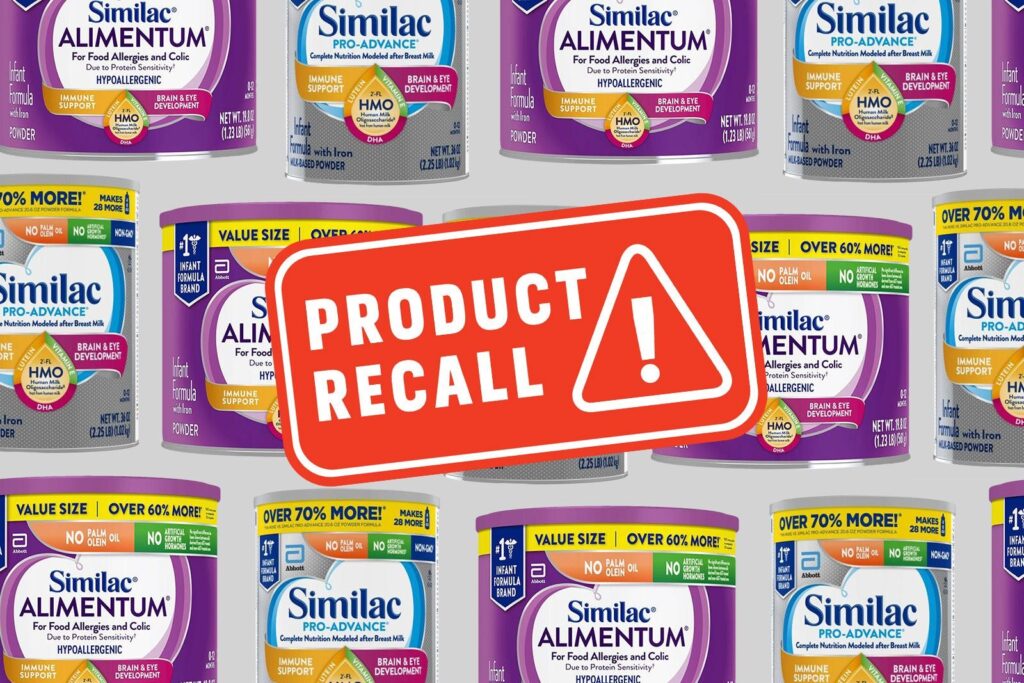STURGIS — Abbott Laboratories said on Thursday it was recalling powdered baby formulas, including Similac, made at a Michigan facility after four consumers complained about bacterial infections in infants who consumed the products.
The complaints were related to Cronobacter sakazakii bacteria or Salmonella. Newport and Abbott will also recall its Alimentum and EleCare baby formulas manufactured at the plant in Sturgis.
The U.S. Food and Drug Administration said in a statement that it was investigating consumer complaints of the infections.
“All four cases related to these complaints were hospitalized and Cronobacter may have contributed to a death in one case,” the health agency said.
Cronobacter sakazakii bacteria can cause serious invasive infections and premature infant death. The most recent U.S. outbreak spanned four states in 2011.
The FDA also said that a review of Abbott’s internal records indicated environmental contamination with Cronobacter sakazakii.
You can check if your powdered formula is affected by inspecting the code printed near the expiration date. Affected products have a code beginning with first two digits of 22 through 37 and containing K8, SH or Z2 and have an expiration date of April 1, 2022, or later.
Liquid baby formula and all other products produced by Abbott Nutrition are not affected.
Abbott Nutrition said it is cooperating with the FDA investigation into the three Cronobacter sakazakii infections and one salmonella infection, all of which required hospitalization. The one fatal case has not been confirmed to be solely related to a Cronobacter infection, according to the FDA.
The FDA said environmental samples from the facility have yielded positive results for the Cronobacter bacteria, but there have been no reports of salmonella so far. A review of Abbott’s records show that the company has destroyed products in the past due to the presence of Cronobacter.
Cronobacter infections are rare but can be especially dangerous for newborn babies.
Symptoms of a Cronobacter infection include poor feeding, jaundice and grunting breaths, according to the FDA. Those infected with salmonella might experience fever, diarrhea and abdominal cramps.
“We value the trust parents place in us for high quality and safe nutrition,” Abbott said in a statement provided to NPR. “We’ll do whatever it takes to keep that trust and resolve this situation.”



